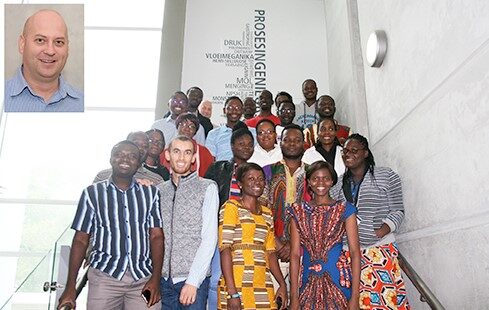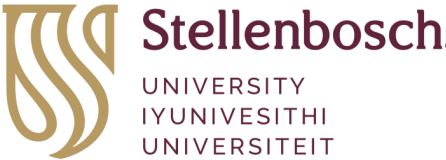
written by Liesel Koch, Dean’s Office, Faculty of Engineering
This year, a DST/NRF SA Research Chair in Sugarcane Biorefining was established in the Faculty of Engineering at Stellenbosch University. It is held by Prof Johann Görgens, head of the Bioresource Engineering Group in the Department of Process Engineering.
The Chair aims to broaden the range of products manufactured from available sugarcane to maximise the economic value extracted beyond conventional products like sugar, electricity and ethanol.
The focus of the Research Chair will be on biomass fractionation, separation, conversion, value addition and new product development. One of the key elements will be to facilitate training of sugarcane biorefining scientists and engineers, especially at master’s and PhD levels. Postdoctoral researchers will also facilitate postgraduate programmes through supervision and mentoring.
Although the South African sugarcane processing industry is considered highly efficient despite the high cost of cane, it has become clear that breakthrough and even disruptive technologies are required in order to remain competitive and sustainable.
Prof Görgens says: “The new research chair aims to address the core challenge that the sugar industry has faced for some time, which is the need to expand the range of valuable products obtained from sugar cane. This requires extensive assessment and development to ensure that new, sustainable business opportunities are created for the industry, which is what the chair aims to contribute to.”
The challenges facing the South African sugar industry are not unique. Sugarcane industries worldwide have been exploring the concept of an integrated biorefinery approach, in which sugarcane is viewed as a source of biomass that can be processed to produce multiple, value-added chemical and energy products.
The existing sugarcane industry is well-placed to embrace the biorefinery approach as raw sugar mills already have appropriate infrastructure in place for collecting and processing bulk biomass, which confers a major advantage over processing of other lignocellulosic feedstocks. In addition, a sugarcane biorefinery should be self-sufficient in terms of outside energy supplies, thereby reducing processing costs and minimising exposure to fluctuations in fuel costs.
The development of these new technologies is multidisciplinary and considerable collaboration is required with other engineering disciplines (mechanical and electronic), scientific disciplines (chemistry, physics and microbiology) as well as economics, in order to develop sound techno-economic justifications for the most promising products and technologies. Prof Görgens has longstanding collaboration with the Sugar Milling Institute, RCL Foods, and the Universities of KwaZulu-Natal, Cape Town and Fort Hare. Future cooperation will be extended to include local and international collaborators.
At the end of 2022, the Chair in Sugarcane Biorefining will be renewable for two further five-year periods.



